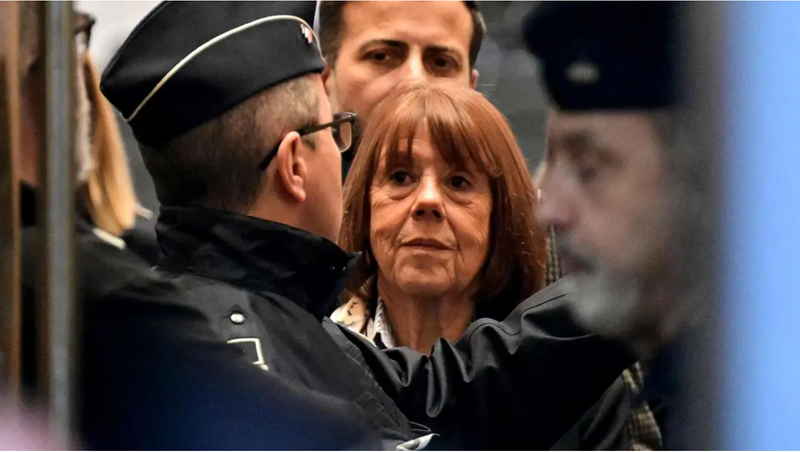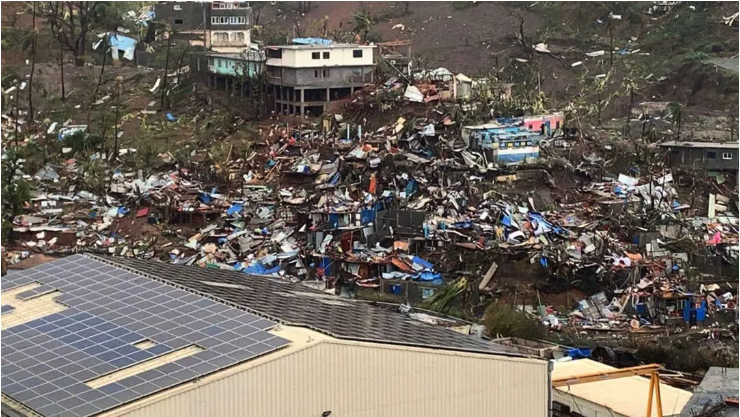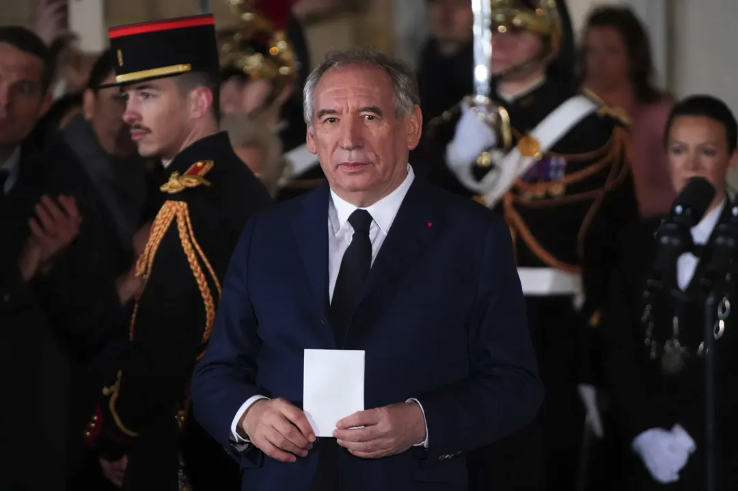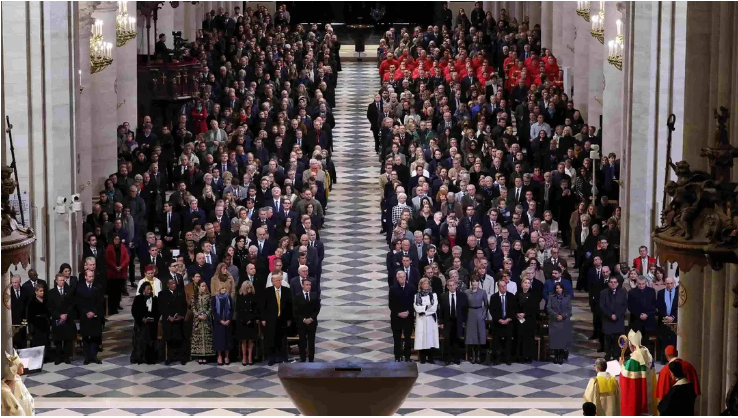France: Trial for 2016 Nice Terrorist Attack Begins
On Mon., a French terrorism court opened the trial of eight people accused of helping Tunisian national Mohamed Lahouaiej Bouhlel drive a truck into a crowd that had gathered on the streets of Nice to celebrate Bastille Day in 2016....
Facts
- On Mon., a French terrorism court opened the trial of eight people accused of helping Tunisian national Mohamed Lahouaiej Bouhlel drive a truck into a crowd that had gathered on the streets of Nice to celebrate Bastille Day in 2016.1
- Seven men and one woman are accused of having helped the attacker obtain weapons, rent the truck and survey the route. The attack was the second most deadly in peacetime France, claiming the lives of 86 people and injuring hundreds.2
- Days after the massacre, the Islamic State group claimed responsibility for the attack, but French prosecutors have found no evidence linking Bouhlel to them.3
- While Bouhlel was fatally shot by police while conducting the rampage, those who allegedly helped him may be held responsible. If convicted, they would face between five years to life in prison based on their roles in the attack.4
- This is the third high-profile terrorism trial in France over the past two years, following trials related to the 2015 Charlie Hebdo and November 2015 Paris attacks.5
- Because French laws forbid news cameras in court, the proceedings will be seen only by those in the Paris courtroom and in a special annex in Nice. The trial is expected to last 15 weeks, with a verdict expected on Dec. 16.6
Sources: 1Washington Post, 2Guardian, 3BBC News, 4France24, 5New York Times and 6CBS.
Narratives
- Pro-establishment narrative, as provided by DW. By prosecuting suspects of terror attacks in a court of law, French authorities have given a democratic answer to these brutal incidents while demonstrating that terrorism has failed to damage the fabric of Western civilization. Defendants won't be deprived of their rights to due process, and sentences will be fair and impartial.
- Establishment-critical narrative, as provided by Middle East Eye. So far, the French justice system has failed to consider that these tragic attacks must also be seen within the context of Western leaders waging war in the Middle East. By not recognizing their responsibility, terrorism trials have only widened the gap between hawkish Frenchmen and frustrated members of the Muslim community, leading to further radicalization and offering no solution to this problem.







